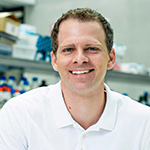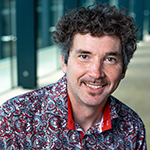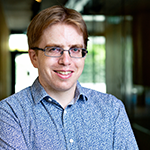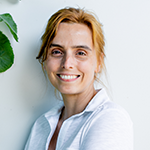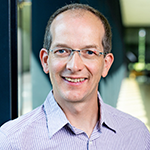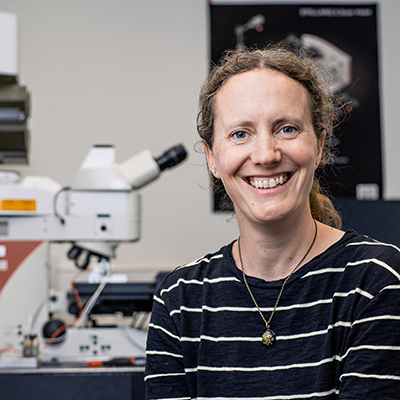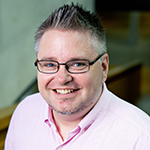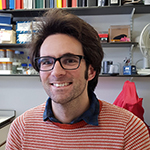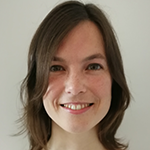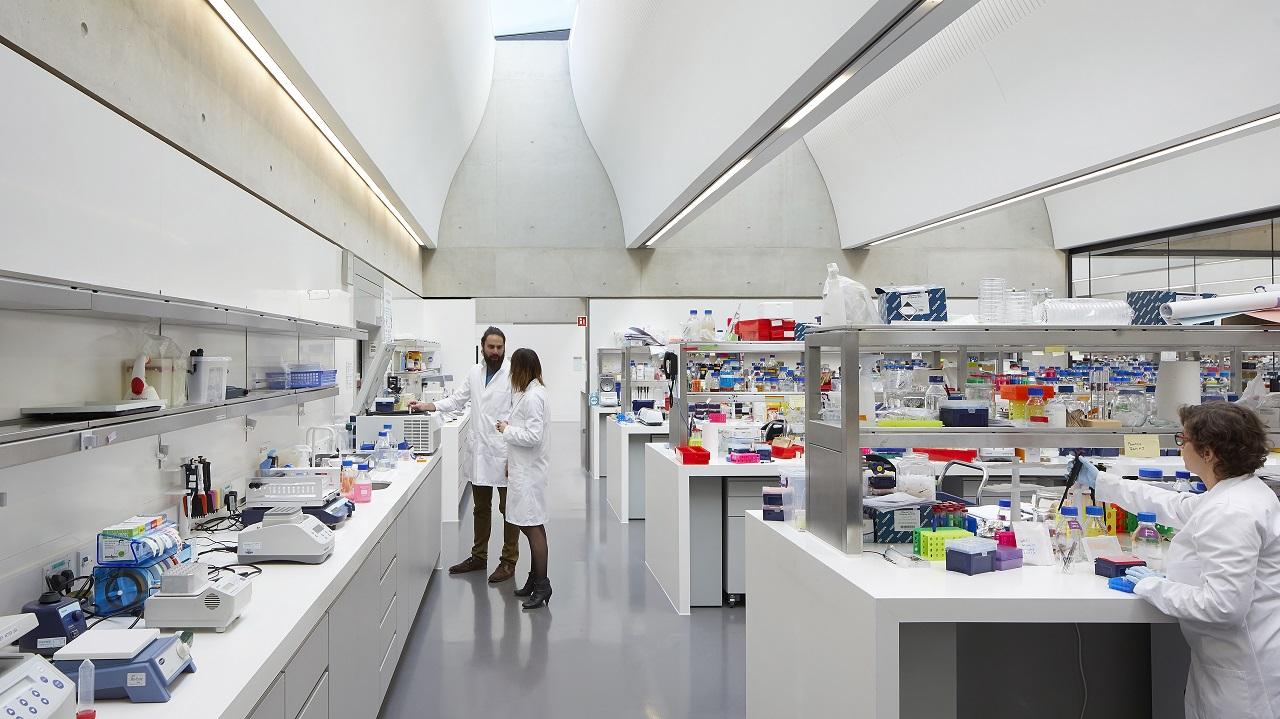
Find your research opportunity
It is recommended that you start actively searching for potential supervisors in your chosen research area and get in touch with them informally before you submit your application.
The Sainsbury Laboratory provides a rich environment in which to undertake your postgraduate research degree due to the wide diversity of specialists working together on different projects. This opens up a range of multidisciplinary opportunites for you and potential new perspectives on solving research problems.
Check-out the profile and research group pages of our SLCU Research Group Leaders listed below to see if there is someone who matches your research interests. If you identify someone as a potential supervisor, send them an email introducing yourself and providing some background on your previous degrees, experience and why you would like to work with them on a research project.
Dr Alexander Jones
alexander.jones@slcu.cam.ac.uk
The Jones Group investigates how plant hormones serve as signal integrators and master regulators of physiology and development.
Professor Henrik Jönsson
The Jönsson Group develops computational morphodynamics models at the cellular level describing multicellular tissues such as the shoot apical meristem.
Professor James Locke
The Locke Group investigate gene expression dynamics in microbial and plant systems.
Dr Edwige Moyroud
The Moyroud Group studies the mechanisms that account for pattern formation in petals at the molecular, cellular, biophysical and ecological levels.
Dr François Nédélec
francois.nedelec@slcu.cam.ac.uk
The Nédélec Group studies cell morphogenesis and developmental biology using synthetic and systems biology approaches, and computer modelling.
Dr Sarah Robinson
The Robinson Group uses a combination of novel biophysical tools, genetic manipulation and mathematical modelling to investigate how plant development (cell division and cell expansion) is controlled.
Dr Sebastian Schornack
sebastian.schornack@slcu.cam.ac.uk
The Schornack Group aims to characterise the extent to which beneficial and detrimental microorganisms employ similar plant developmental processes for colonisation
Dr Chris Whitwewoods
chris.whitewoods@slcu.cam.ac.uk
The Whitewoods Group studies how plants pattern themselves in three dimensions, using leaf air spaces and carnivorous plant traps as models
Dr Renske Vroomans
renske.vroomans@slcu.cam.ac.uk
The Vroomans Group studies long-term processes in plant development using evolutionary developmental biology (evo-devo) models.

